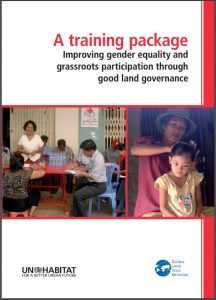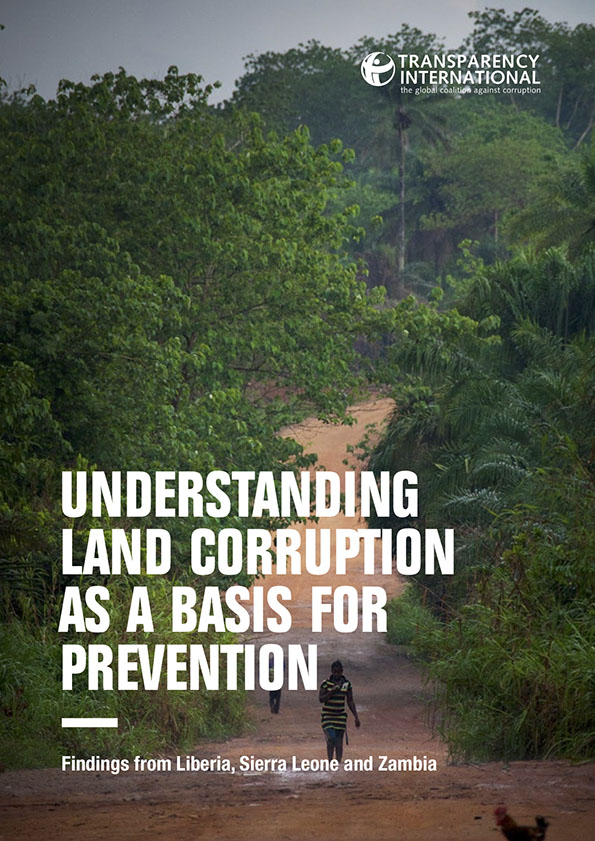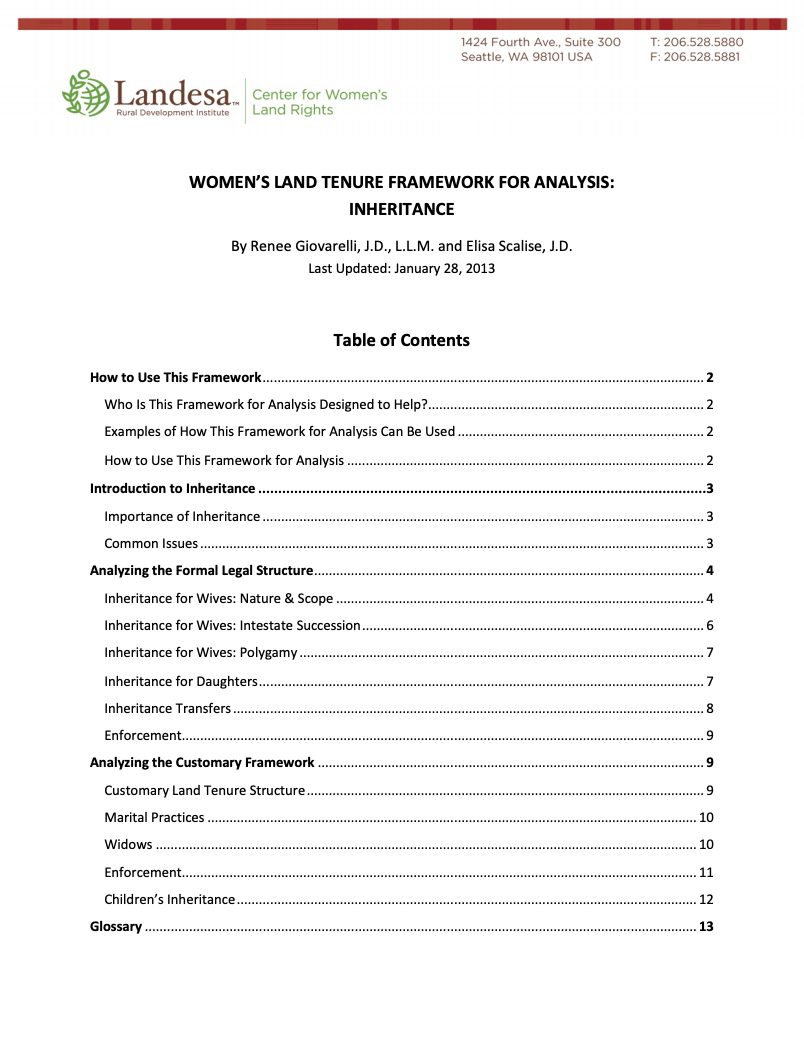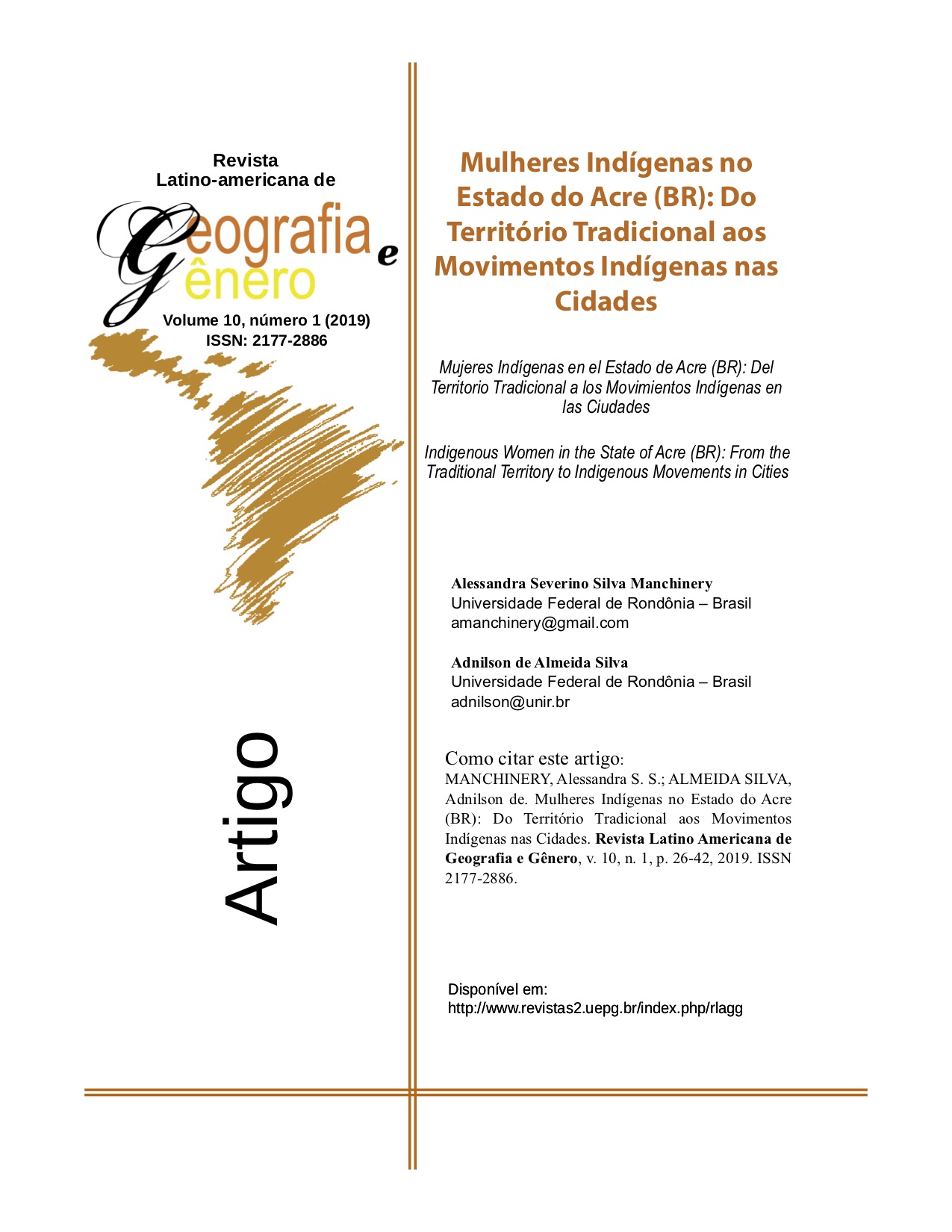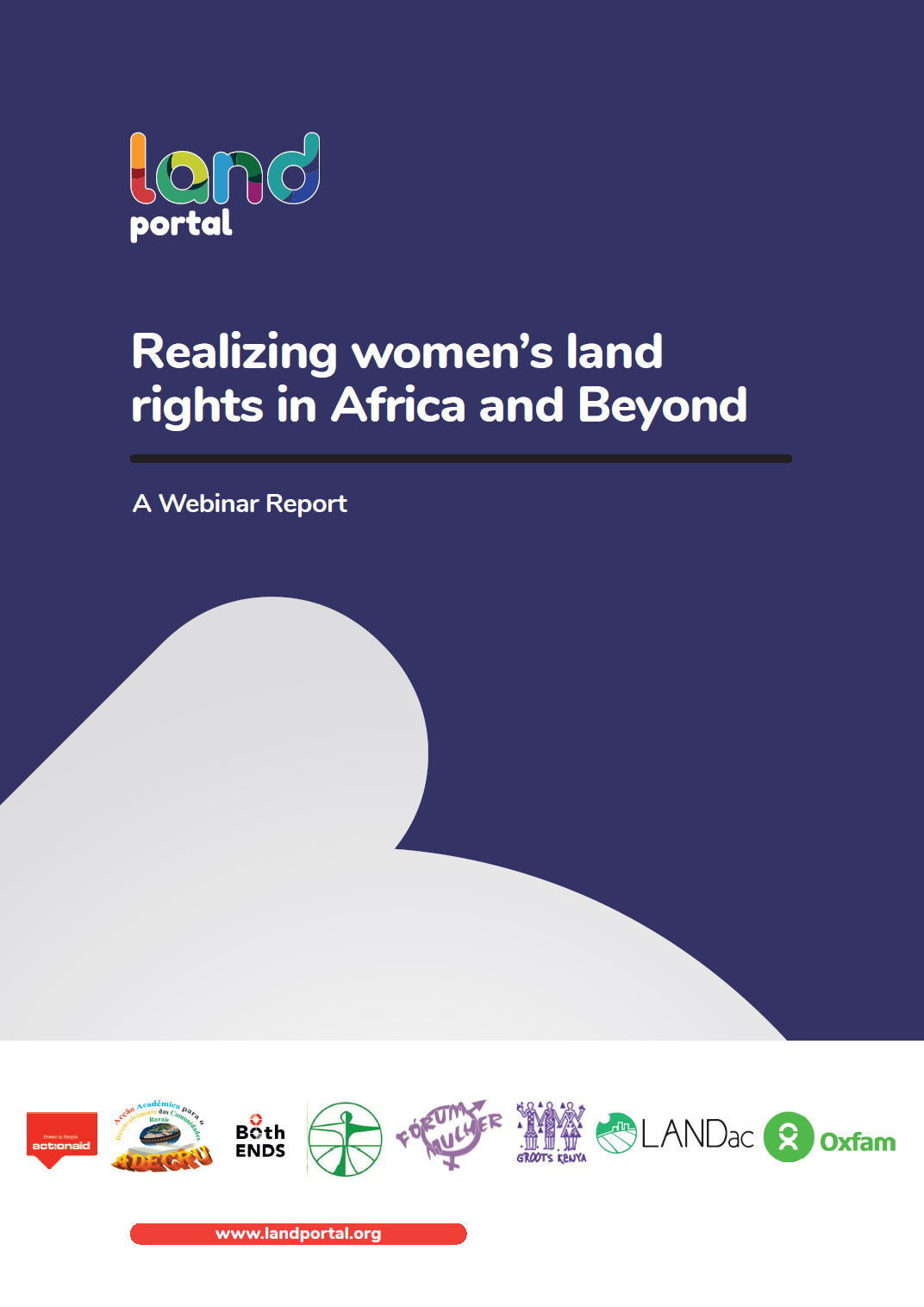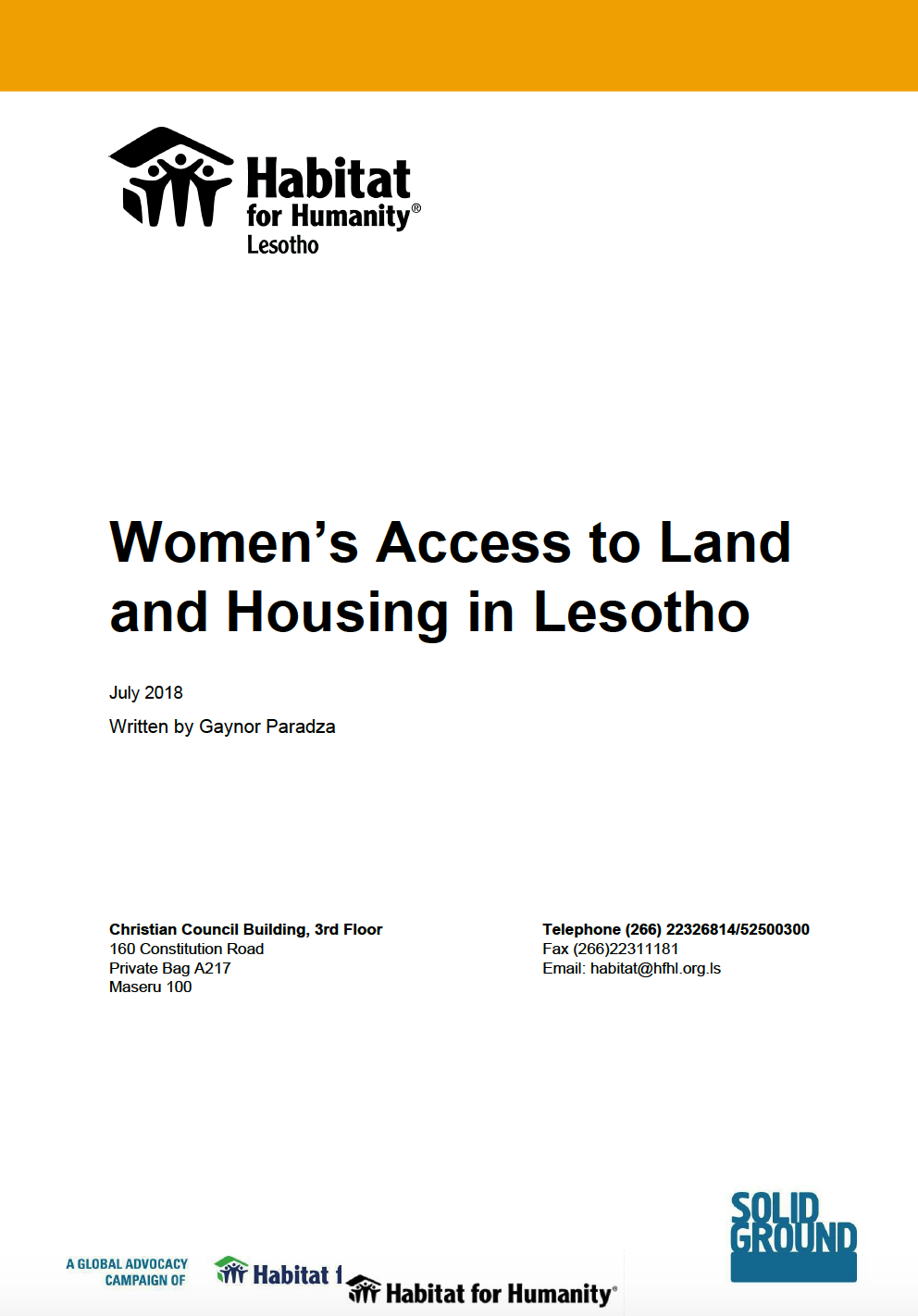Governing Land for Women and Men
The video tells about the implementation of the learning programme “Governing land for women and men”, which is part of the efforts to build capacities of change agents in five countries to implement the Voluntary Guidelines for responsible governance of tenure.



